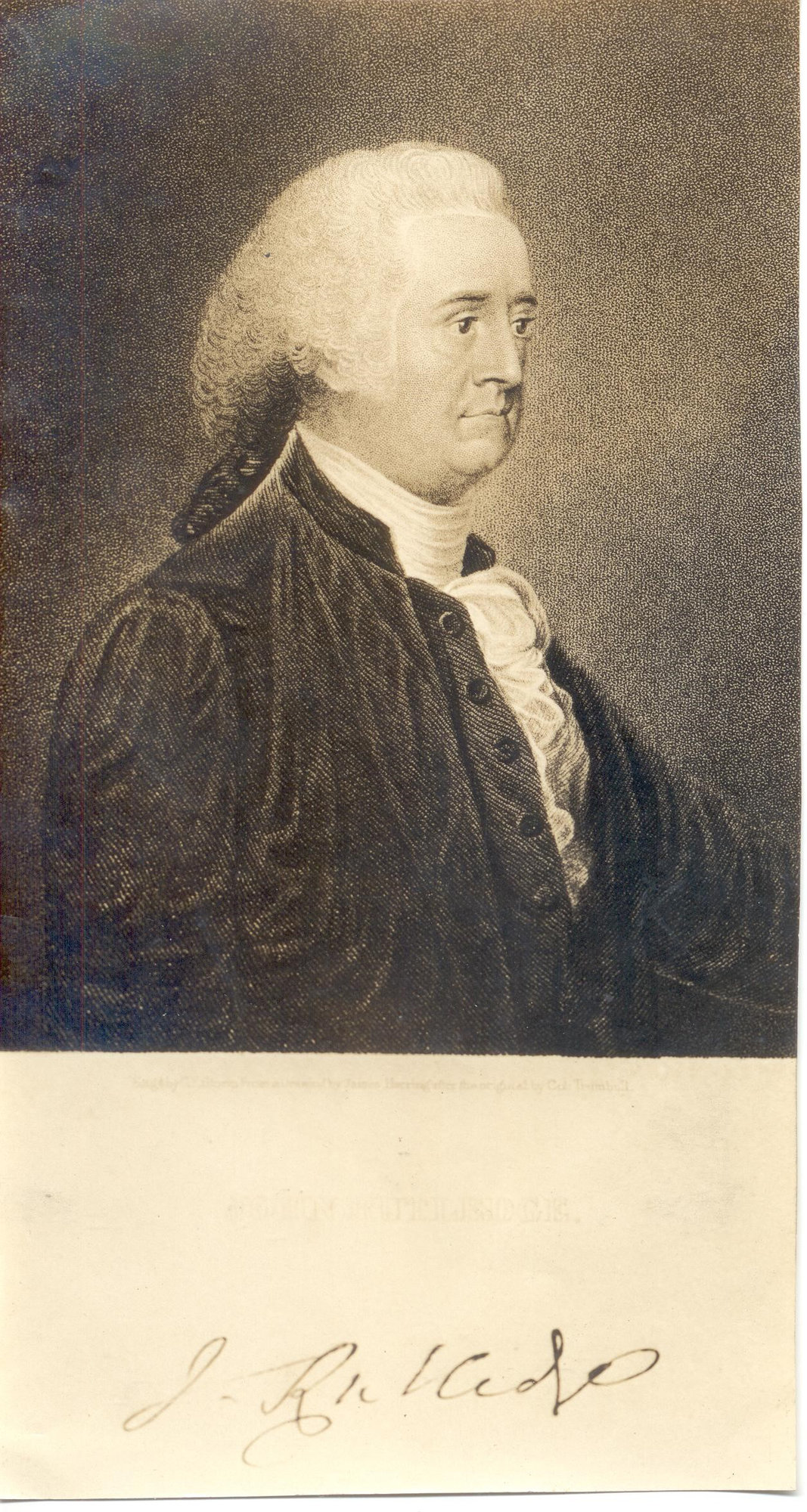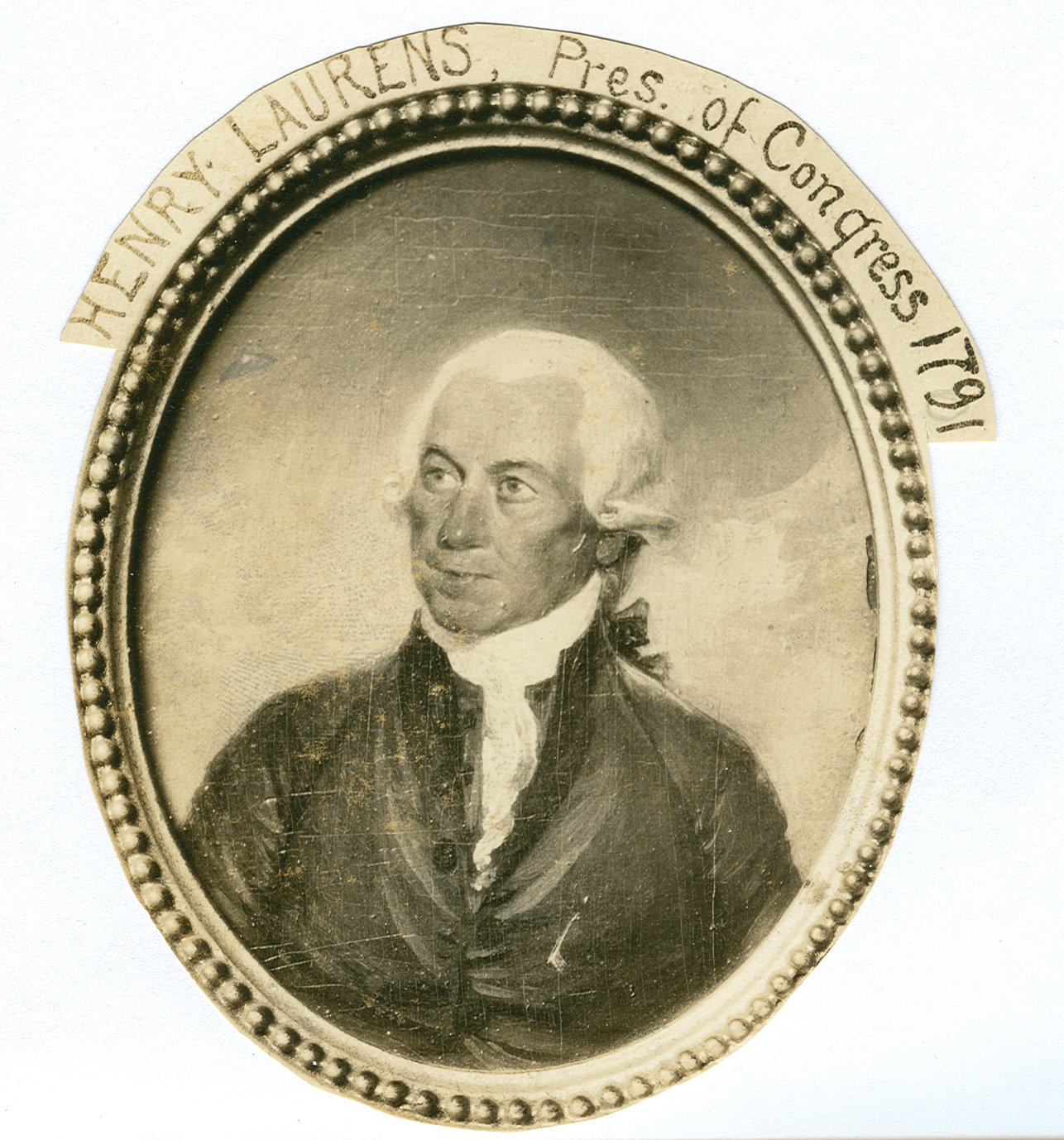November 1768, the 'Unanimous Twenty-Six' anger Gov. Montagu


On Nov. 19, 1768, the South Carolina House of Commons ordered several items to be published, among them a circular from the Massachusetts House and another from the House of Burgesses in Virginia. Gov. Lord Charles Greenville Montagu warned the House to ignore the Massachusetts Circular and threatened "disagreeable consequences" if the members did not obey him. This warning, some historians have noted, may have convinced several representatives to skip the meeting on the 19th. Because those who did attend all voted in favor of publishing the letter, they became known as the "Unanimous Twenty-Six," and their ranks included Christopher Gadsden, Henry Laurens, Charles Pinckney, John Rutledge, William Moultrie and Thomas Lynch. Hearing that these representatives voted in favor of publishing the circular, the governor dissolved the South Carolina General Assembly.
The letter from Massachusetts was signed by Thomas Cushing, who was speaker of the House of Representatives of Massachusetts Bay. Dated Feb. 11, 1768, it was officially titled "The House of Representatives' Circular Letter to the Speakers of the Colonial Assemblies." The letter is thought to have been written by Samuel Adams and James Otis and strongly protested the British government's Townshend Acts. These acts were passed in 1767 and taxed goods imported to the American colonies. Goods that were taxed included British glass, china, paint, paper and tea. The colonists objected to this and labeled the acts "taxation without representation."
Montagu didn't call another session of the assembly for seven months. In the meantime, most of the members of the Commons had signed a non-importation agreement pledging to boycott British goods. A committee of 39 members was appointed to implement the agreement. According to Walter Edgar, this was the first of several "extralegal bodies that appeared in the last six years before the American Revolution." Edgar explains that the governor could sway or dissolve the assembly but did not have authority over these revolutionary organizations that worked as a "shadow government."
All the Townshend Acts, except the one on tea, were repealed in 1770. This tax, and the monopoly that Parliament allowed the agents of the British East India Company, was a major source of colonial discontent. Thirteen days before the well-known Boston Tea Party, a mass meeting was held in Charleston to deal with a shipment of tea that had arrived in that town's harbor aboard the London. While those who attended the meeting agreed that the tea would not be unloaded, it eventually was brought to town and stored at Charleston's Exchange. In 1776, the tea was sold to purchase military supplies for the state of South Carolina.
More Articles to Read


